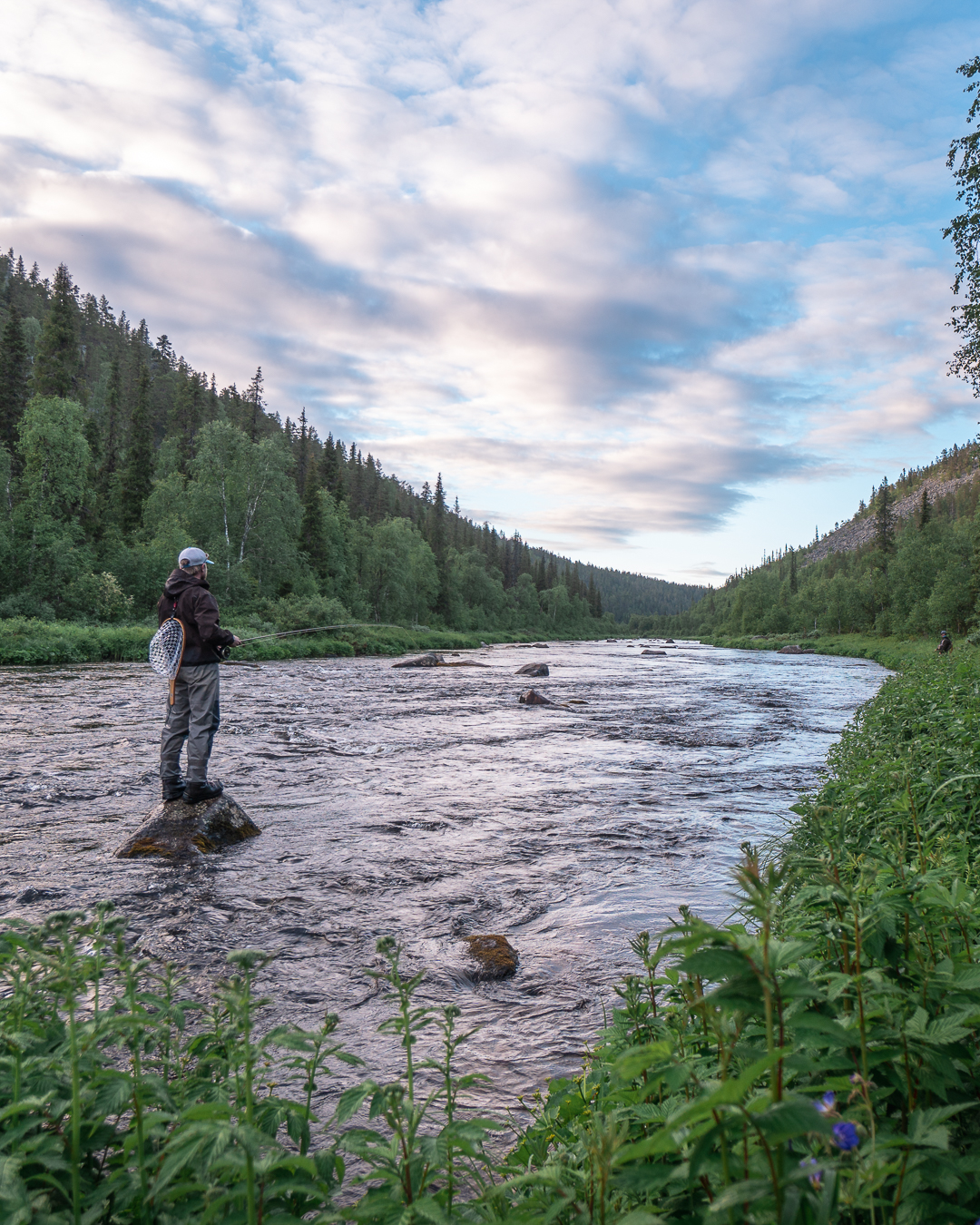
Research: What Do Fishermen Value as a Tourist Experience?
A new Tourism Marketing and Management research suggests that fishing tourists’ lived experience is always built around the same core elements. The elements in the order of importance are the following: emotional value, social value, and epistemic value. This means that Finnish fishing tourists value such elements as nature, peace-and-silence (i.e. emotional value). Also, […]
The Most Common Problem in Destination Marketing in the World
World’s Most Common Problem in Destination Marketing What is the difference between successful and non-successful destinations from the destination marketing perspective? In this post, I want to understand the details behind successful destination marketing. What is the one key thing to gain competitive advantage in destination marketing? When we start to think about the exact […]